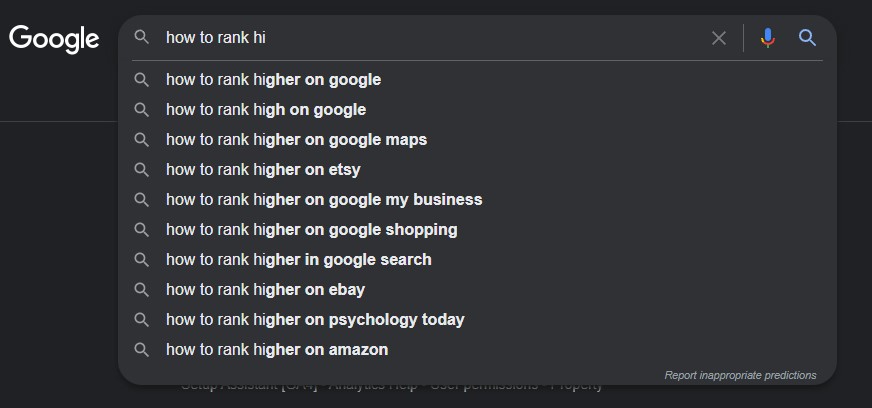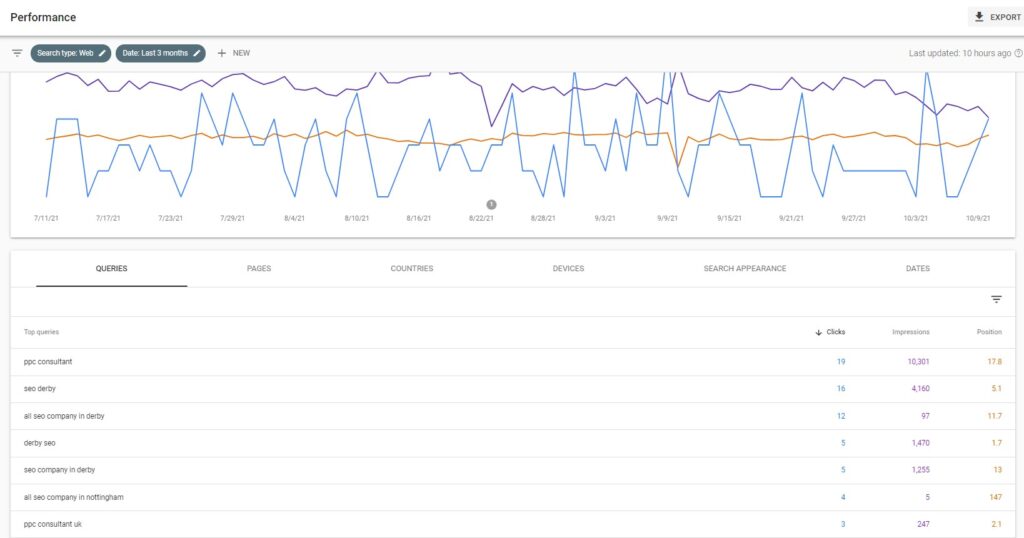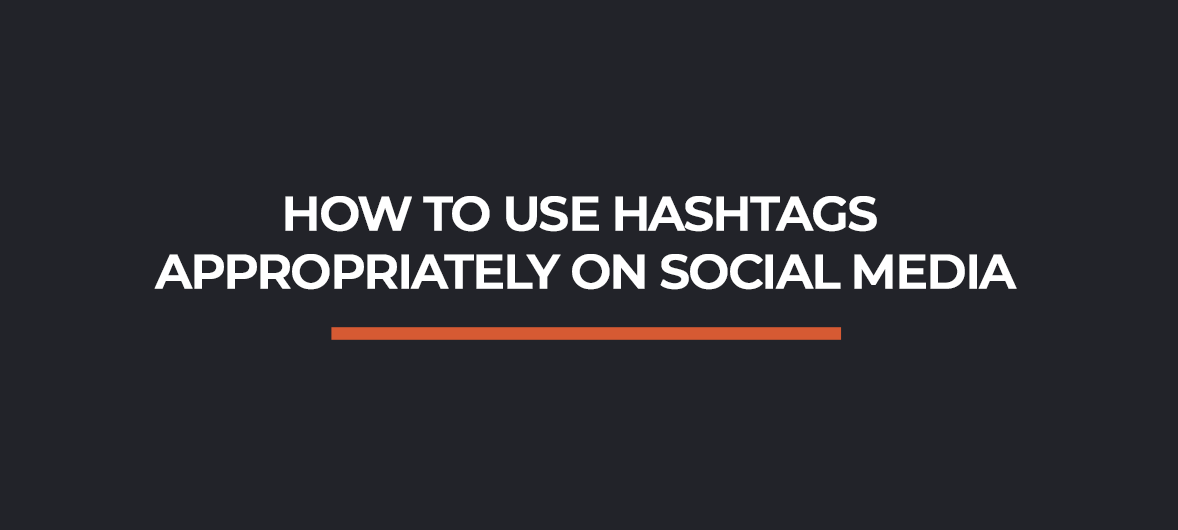How keyword Research Can Help Your Blogging
Written content is one of the most important elements of any website, it’s used to describe your services and products and helps the search engines to understand what your company does and what your website is about. Writing website content is extremely difficult, especially if you aren’t very good at planning content or don’t know what to write about. I have another article that provides tips on writing content for SEO.
Most business owners have been told by their SEO consultant that continually adding fresh content to their website will help improve their keyword rankings. This is true for the most part, however, if you are writing for writing’s sake you are missing the opportunity to drive your site traffic up and generate more inquiries, leads, and sales by performing keyword research before you start to write.
Why you should be blogging
The benefits of blogging
If you write a new blog post every week or two then this is likely to bring fresh visitors back to view the latest posts on your site, especially if these are relevant keywords that aren’t competitive within search engine rankings.
There are so many benefits of blogging, it helps with social media marketing too by promoting each post across multiple platforms such as Twitter, Facebook and LinkedIn. These platforms also help with SEO link building and if your content is particularly engaging can help build your brand by being re-shared by your readers.
How to blog effectively using keyword research
If you start writing without a clear goal in mind you may be missing huge opportunities. Blog articles should be written to target a specific keyword/keyword or to help support another piece of content that is already on your website. If you spend a little bit of time understanding what your prospective clients or new customers are searching for within Google you can tailor your content around those keywords.
The Google suggestions feature (when you are typing into the search box) is also a great source of information. Google also provides a list of related search phrases at the bottom of most search result pages.
The suggestions from Google can sometimes provide you with a list of terms that are all related and is a great source of keywords that you should consider adding to your blog article.
Google Search Console
My favorite and something I use regularly is Google Search Console (provided you have set it up for your website). Search Console is a great place to find keywords to blog about. Google provides you with a “Performance” report which includes “search queries” which somebody has already typed into Google and found your website for… But hang on… if the site is already being found for these keywords what’s the point? Quite often you will see that in the search queries report there are loads and loads of keywords being reported. Within this tool, there is an “Avg Position” tick box, if you tick this and then focus your research around keywords that have a high number in this column (low down physical position in Googles results, where 1 is top of page 1, 10-12 is top of page 2, etc…).
By doing this you can identify keywords with which Google is already associating your content and your website, the idea here is to optimize your website content to focus more on these keywords and in theory, your average position for these terms will increase.
Thank you for reading this super quick blog post about using keyword research to help improve your blogging. Keywords really should always be the main focus of your content whether that is a services page, product description, or a blog article. By including new keyword targets within every piece of new content you produce you are building opportunities for driving traffic through the search engines to your website.






















